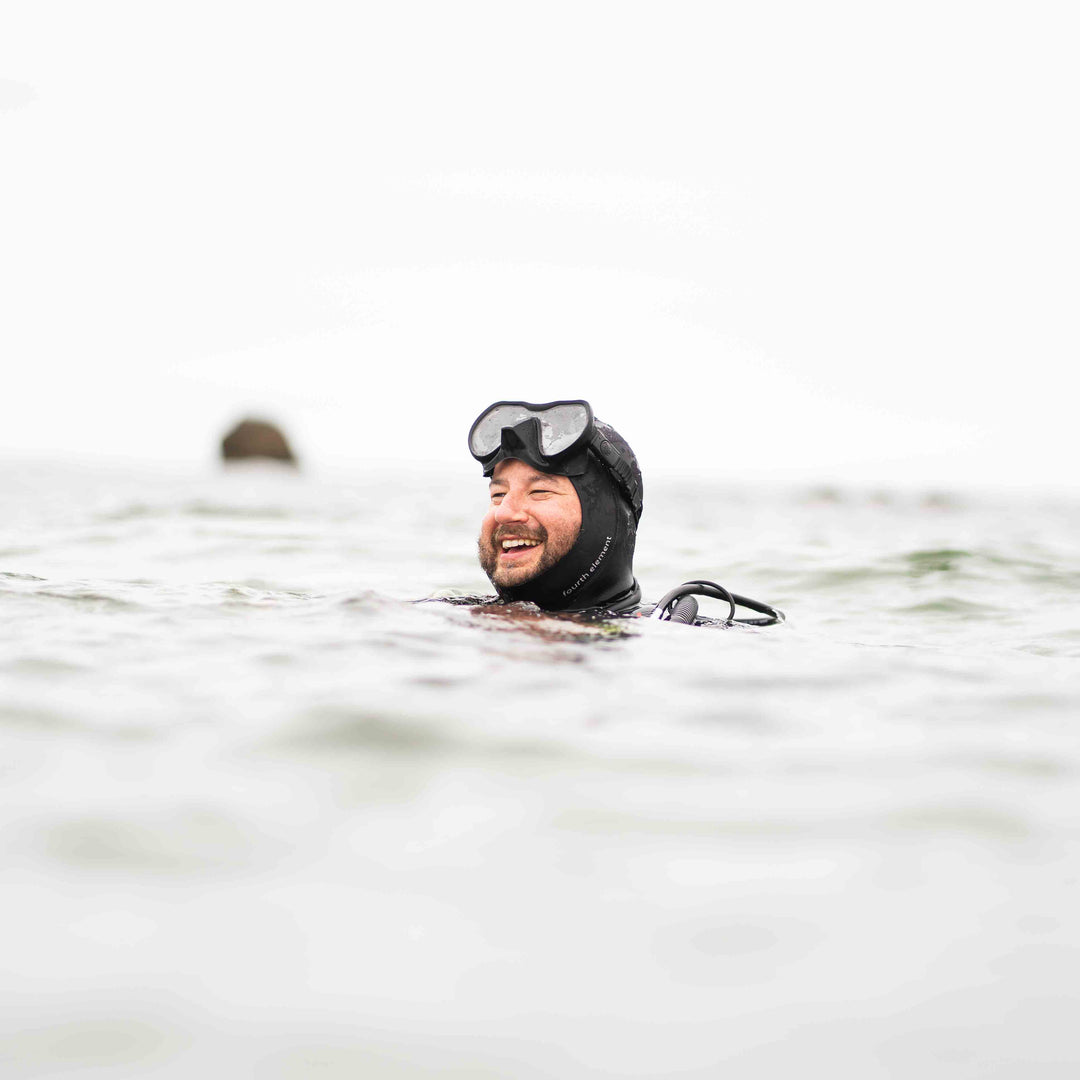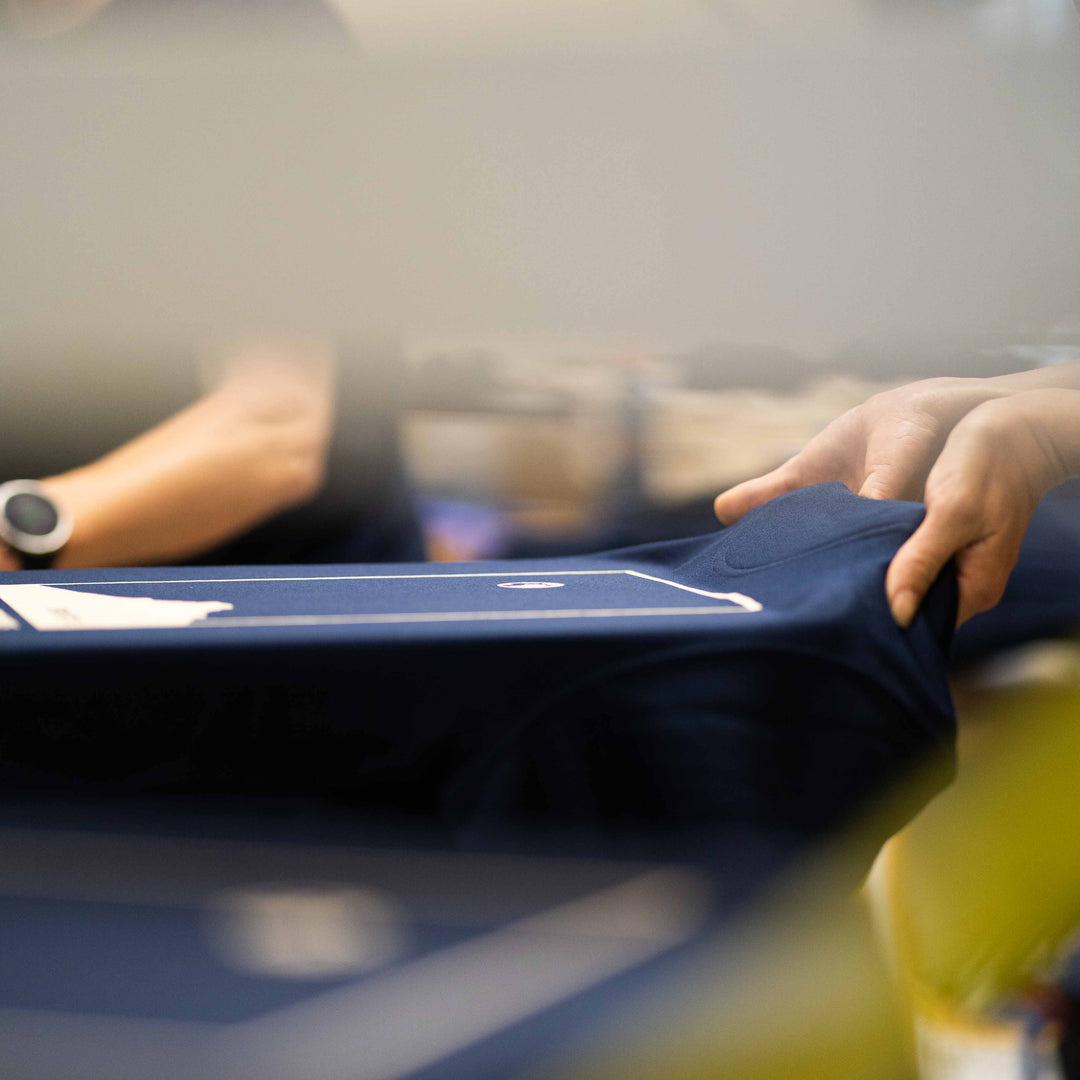There have been countless times throughout my life were I have been left feeling exceedingly grateful that my main passion in life, chasing the worlds biggest whitewater in my kayak, pulls me towards some of the most beautiful places on the planet. I have been left awe struck underneath the Northern Lights in Manitoba, feeling inconsequential in the shadows of K2 in Pakistan and utterly beguiled in the fluorescent light of New York city with human kinds incessant march towards progression.

Most destinations on this planet you will have a friend or family member that knows someone that knows something about a location that you are thinking of travelling to . Except for Tibet, nestled between the largest mountain ranges in the world, providing 45% of the worlds fresh water and shrouded in culture and mystery. Tibet is quite simply a place like no other.
Getting the opportunity to travel to Tibet was an incredibly special opportunity to me. Tibet was the location a team of expedition kayakers travelled to in the first kayaking film I ever watched, aged 9. It is also not a cheap place to visit and it’s a matter of personal pride that I could afford to go on this trip with money earned entirely through doing what I love most, kayaking and video editing.
Our trip to Tibet started in Nepal, for visa reasons. Despite adding three days of driving to the trip I personally think it was worth it, purely for the opportunity to visit the Monkey temple. Who doesn’t like monkeys?

Kathmandu, Nepal is not that far away from the Tibetan border, what makes it such a long journey is the dirt mountain road you have to travel on. The max speed that we achieved on this portion of the drive was 25mph.

There is a long history between Tibet and China, I am not nearly well versed enough with the subject to make a comment but I will say that after 28 hours on a dirt road. China makes a bloody nice road.
Eventually, three days later, we reached the capital city of Lhasa.

I can make it around three days without kayaking before I start to get twitchy and after all the time cramped up in the car it was a relief to get out on the water and move.
As beautiful as Lhasa is, I was stoked to leave the city and head into the mountains.
We kayaked on some beautiful pieces of whitewater. We also had an on-going battle with the local police. In Tibet / China, a policeman will apparently lose his job if he allows a tourist to die in his jurisdiction, for failing to due his duty to protect them sufficiently. This creates a high pressure situation of the usual misunderstanding between people that pursue a sport to the fullest and the general public that can’t understand why anybody would want to kayak on a flooded river, let alone why eight of them would.

We couldn’t figure out how the police immediately knew our movements the second we pulled into a new valley. Until our tour guide PinPim (It’s illegal to travel in Tibet as a foreigner without a tour guide) explained that there is a strong soft power in China. Which basically means that every local person we met would be feeding back information on any thing of note to the local police force, things of note including but not limited to eight foreigners, often dressed in funny looking clothes, soaking wet and brandishing long sticks / paddles.
It's a shame as the kayaking potential in this country is insane.

Police struggles aside, the landscape in this country was simply stunnning. On another level.
We got to see some insane whitewater, not possible at the levels we saw it at but that's what happens when you visit the biggest mountain range in the world in Monsoon season. You have your perception of what big whitewater is, firmly readjusted.
There's a lot I liked about Tibet and a lot I disliked but one thing is for sure, I will be back to explore more in the future. For anybody whose interest has been piqued by Tibet, I highly recommend the book Seven Years in Tibet.

See you on the water,
Bren









Leave a comment